A new simulation technique accelerates modeling to help us better understand complex molecular processes and facilitate rational drug design.


A new simulation technique accelerates modeling to help us better understand complex molecular processes and facilitate rational drug design.
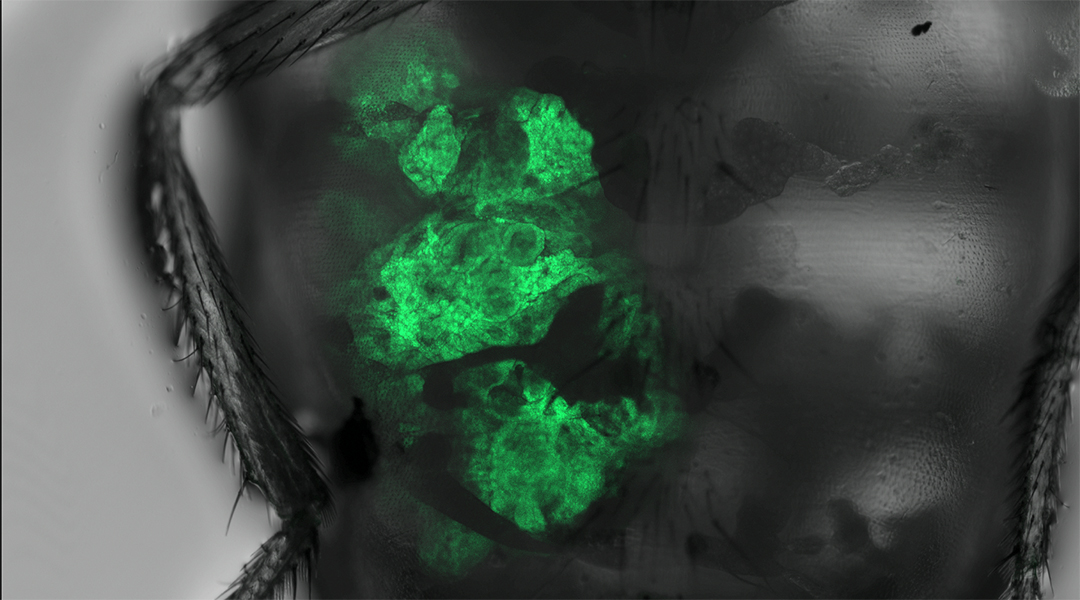
The flies may be tiny, but they can teach us the greatest of lessons in cancer biology and beyond.
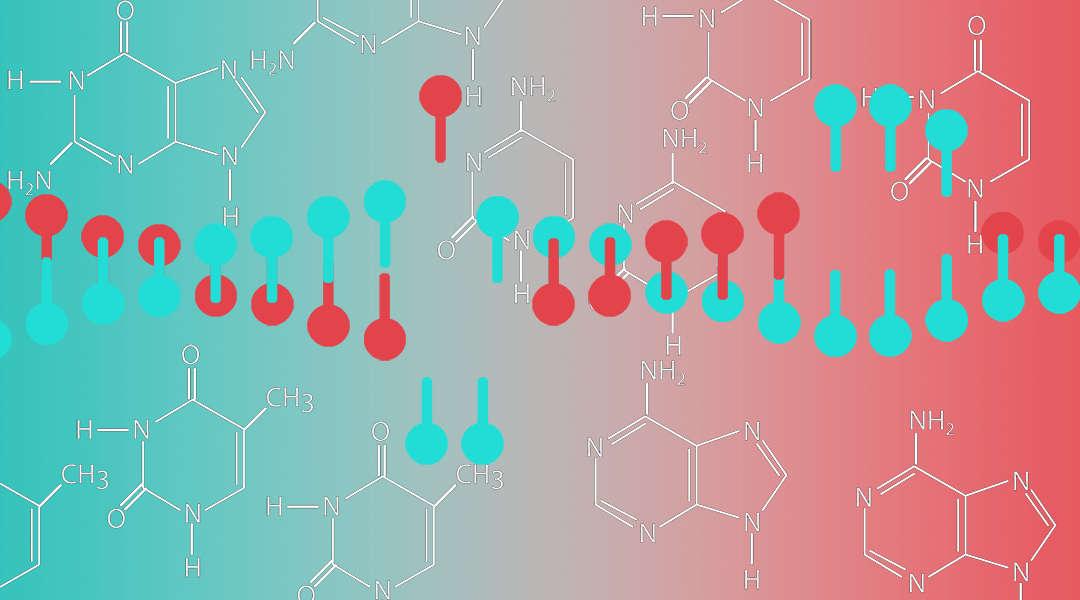
Here we take a look at how CRISPR, the revolutionary “molecular scissors”, works and where its being used.
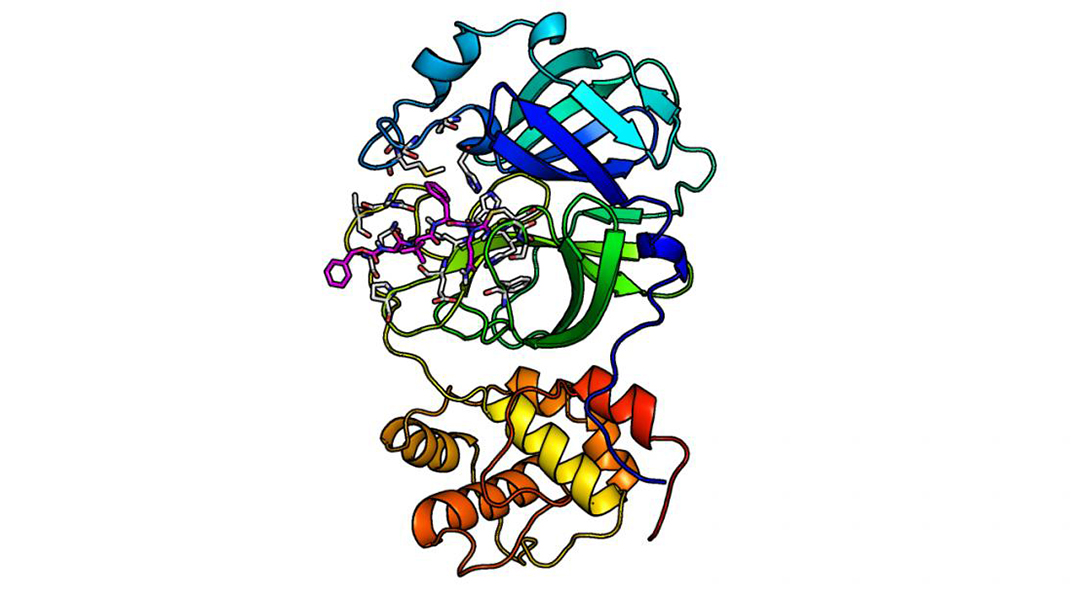
New active substances that can block the replication of the SARS-CoV-2 coronavirus discovered in proof-of-concept study.
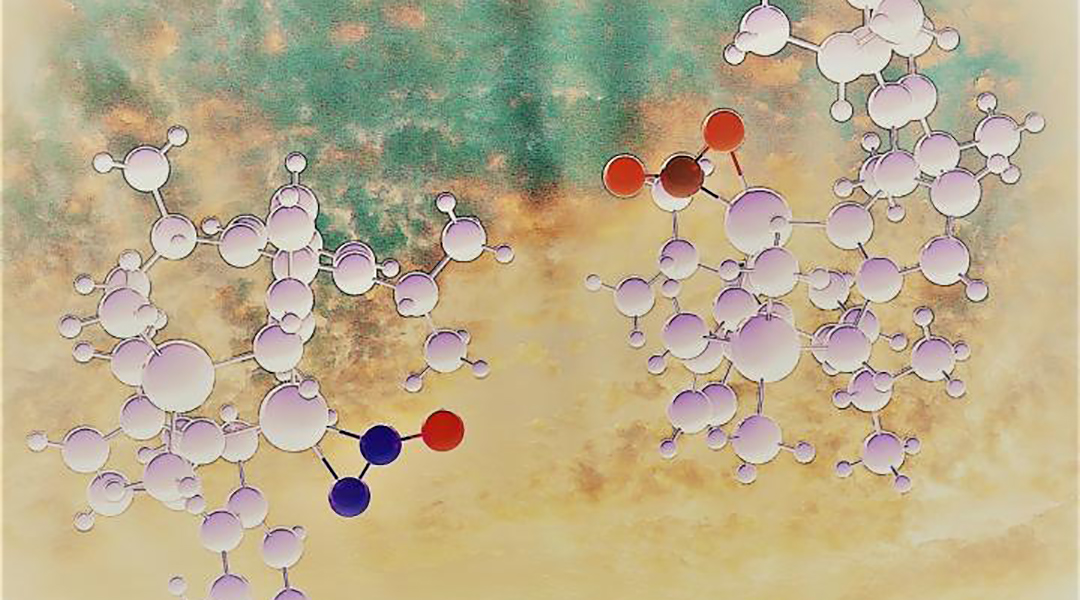
Synthesis of a rare metal complex of nitrous oxide opens new vistas for the degradation of a potent greenhouse gas.
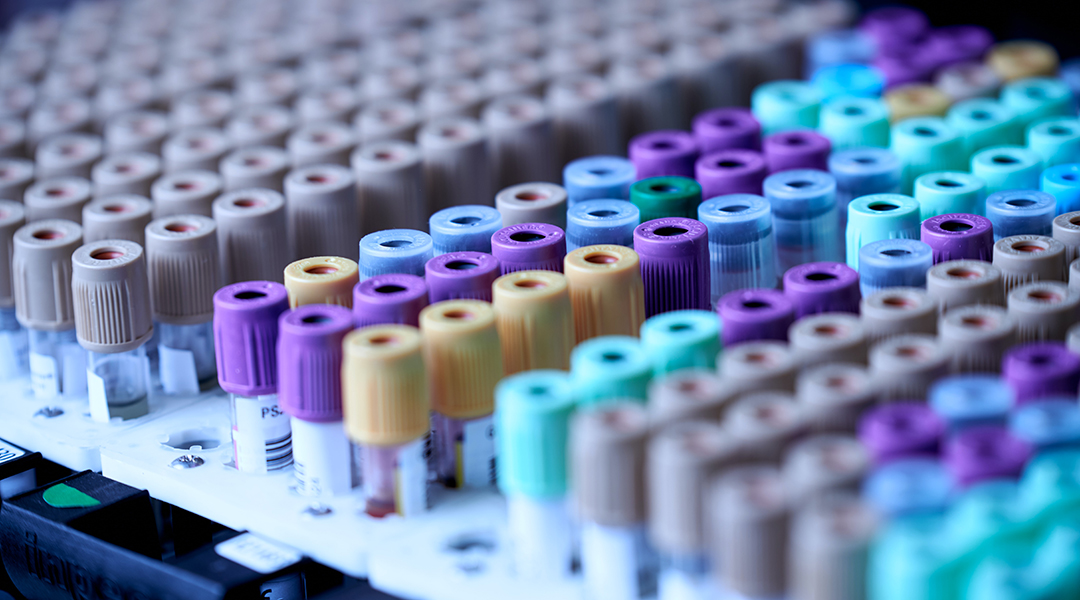
The first digital CRISPR/Cas‐assisted assay that can detect SARS‐CoV‐2 in under 30 minutes.

Creating antiviral drugs to help treat infected patients is more important than ever. Now, researchers report a non-toxic macrocycle antiviral agent that shows high efficacy against several influenza strains.

Using ultrasonic standing waves, researchers levitate droplets of solvent, which can be used for chemical reactions.

A new hypothesis explores how potassium came to be the dominant biological cation.

Scientists uncover how a sensor protein activates our immune system against the common cold. The findings may lead to more effective treatments of flu-like symptoms.